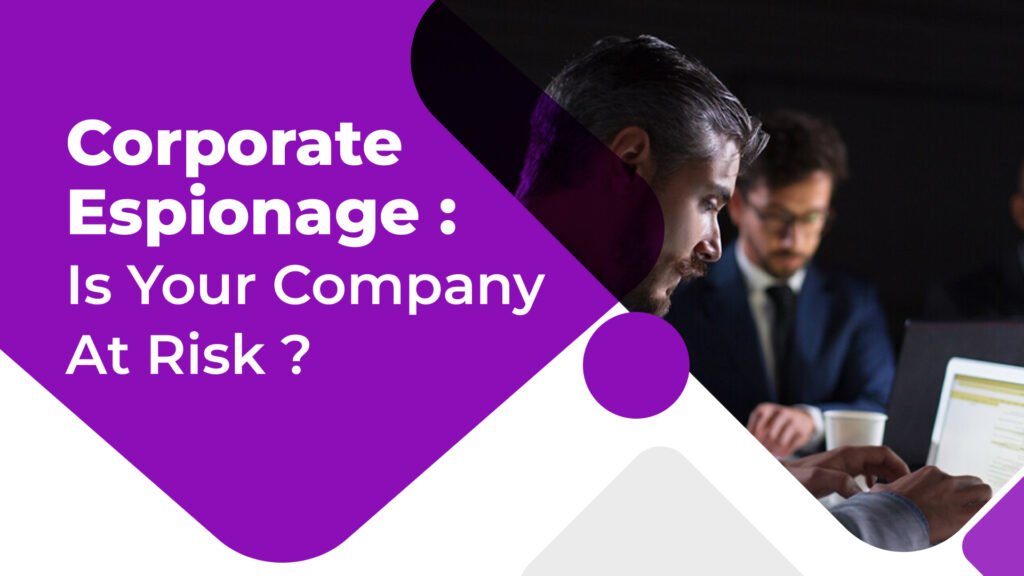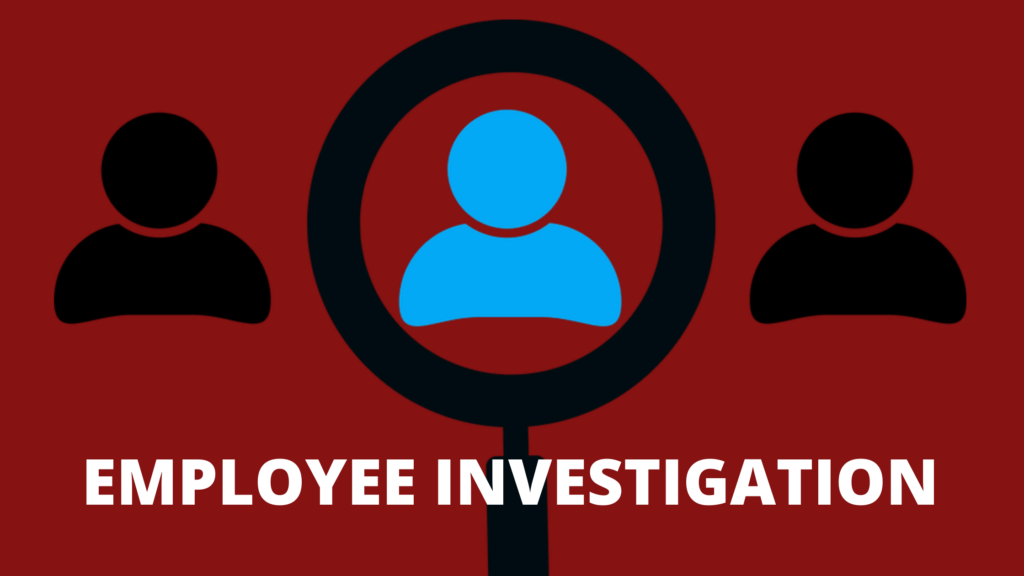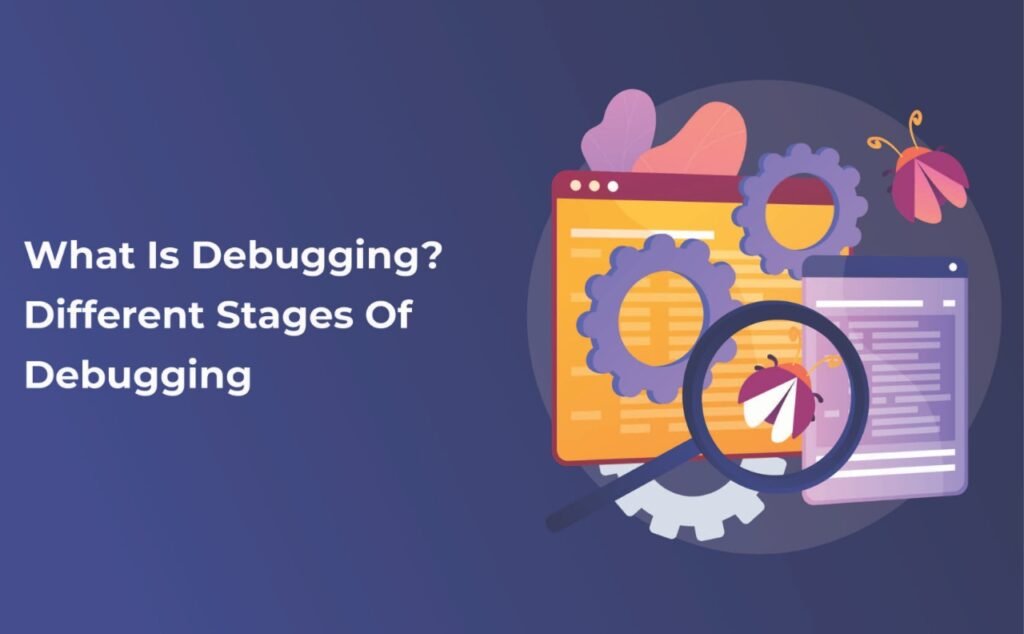In the 21st century, where innovation is the lifeblood of success, companies fiercely guard their confidential information. This includes trade secrets, product roadmaps, marketing strategies, and customer data. Unfortunately, this sensitive information is a prime target for corporate espionage, a multi-billion dollar industry that threatens companies of all sizes.
What is Corporate Espionage?
Corporate espionage, also known as industrial espionage, refers to the illegal gathering of a company’s confidential information for financial gain or a competitive advantage.
The methods used for corporate espionage are as varied as they are devious. They can range from low-tech tactics like dumpster diving and social engineering to sophisticated cyberattacks involving malware and hacking.
Why Should You Be Worried?
The consequences of a successful espionage operation can be devastating for a company. Here’s a glimpse into the potential damage:
- Loss of Competitive Advantage: Stolen trade secrets can give competitors a significant edge, allowing them to replicate products, undercut prices, and launch similar marketing campaigns before you can.
- Financial Losses: The cost of responding to a data breach, including legal fees, forensic investigations, and credit monitoring for affected customers, can be substantial.
- Reputational Damage: News of a security lapse can erode customer trust and brand loyalty, leading to a decline in sales and market share.
- Legal Issues: Companies can face legal repercussions depending on the nature of the stolen information and the regulations governing its protection.
The Evolving Threat Landscape
The digital age has ushered in a new era of corporate espionage. Cybersecurity threats are constantly evolving, with attackers employing increasingly sophisticated techniques to breach corporate networks. Here are some of the common methods used by modern-day spies:
- Social Engineering: This involves manipulating employees into divulging confidential information through phishing emails, phone calls, or impersonation tactics.
- Malware: Spies can deploy malicious software that infiltrates a company’s network, steals data, or disrupts operations.
- Ransomware: This growing threat involves attackers encrypting a company’s data and demanding a ransom for its decryption.
- Supply Chain Attacks: Hackers can target a company’s vendors or partners with weaker security measures to gain access to their systems.
Are Some Companies More Vulnerable?
While all companies are at risk, some factors can make them more susceptible to corporate espionage:
- Companies in Competitive Industries: In industries with high competition, such as technology, pharmaceuticals, and energy, the stakes are higher, making them prime targets for espionage.
- Companies with Valuable Intellectual Property: Companies that possess valuable trade secrets, patents, or proprietary technologies are more likely to be targeted.
- Companies with Lax Security Measures: Companies with inadequate cybersecurity protocols, outdated software, or a lack of employee awareness training are more vulnerable to attacks.
Building a Fortress Against Espionage
The good news is that companies can take proactive steps to mitigate the risk of corporate espionage. Here are some key strategies:
- Implement Robust Cybersecurity Measures: This includes installing firewalls, intrusion detection systems, and anti-malware software. Regularly update software and patch vulnerabilities.
- Educate Employees: Train employees on cybersecurity best practices, including password hygiene, phishing email identification, and the importance of reporting suspicious activity.
- Classify and Control Access to Sensitive Information: Classify information based on its sensitivity and restrict access only to those who need it to perform their jobs.
- Conduct Regular Security Audits: Regularly assess your security posture and identify and address any weaknesses.
- Develop an Incident Response Plan: Have a plan in place to respond to a security breach, including data recovery, notifying authorities, and communicating with customers.
- Consider Counter-Espionage Measures: Depending on the industry and level of risk, some companies may benefit from employing counter-espionage techniques like penetration testing and competitive intelligence gathering.
Keep in mind that security requires continuous effort, not a single solution. By implementing these strategies and fostering a culture of security awareness within your organization, you can significantly reduce your risk of falling victim to corporate espionage.
The Eyes and Ears of Business: How Private Investigators Help Fight Corporate Espionage
Private investigators (PIs) or a private detective agency in Delhi can be valuable assets in the fight against corporate espionage. Here’s how they can assist companies in uncovering and deterring espionage attempts:
Investigating Suspicious Activity:
- Identifying External Threats: PIs can be brought in to investigate suspicious activity around the company. This could involve looking into potential competitors, foreign actors, or individuals with a grudge against the company. They can use their expertise in surveillance, background checks, and public record searches to gather information on these parties and their motives.
- Internal Investigations: In cases of suspected insider espionage, PIs can conduct discreet investigations within the company. This may involve interviewing disgruntled employees, analyzing access logs for unusual activity, and even conducting physical surveillance (with proper legal authorization) to identify the source of the leak.
Gathering Evidence:
- Counter-Surveillance: PIs can be deployed to detect and deter physical surveillance attempts on company personnel or facilities. This can involve sweeping buildings for listening devices, identifying unusual patterns in visitor logs, and conducting counter-surveillance operations.
- Digital Forensics: In cases of cyberattacks, PIs with expertise in digital forensics can work alongside IT security teams to recover deleted files, analyze network traffic logs, and identify the origin of the attack. They can also help preserve evidence for potential legal action.
Protecting Sensitive Information:
- Competitive Intelligence Gathering: Ethical PIs can be hired to gather competitive intelligence legally. This may involve investigating the activities of competitors, their product roadmaps, and potential partnerships. By understanding their competitors’ strategies, companies can better protect their own confidential information.
- Pre-employment Screening: PIs can assist with pre-employment screening of high-level employees or those with access to sensitive information. This can involve verifying resumes, checking for potential conflicts of interest, and uncovering any past history of espionage or similar activity.
Collaboration and Communication:
- Liaison with Law Enforcement: If a company suspects a criminal act of espionage, PIs can work alongside law enforcement agencies to gather evidence and build a case for prosecution.
- Internal Communication: PIs can help companies develop a communication plan to address a security breach with employees and customers. This can include crafting clear and concise messages that minimize panic while ensuring transparency.
While PIs cannot directly prevent espionage, their investigative skills and experience can be invaluable in:
- Uncovering ongoing espionage activities.
- Identifying the source of the leak.
- Gathering evidence for legal action.
- Deterring future attempts through improved security measures.
It’s important to note that hiring a PI should be done in consultation with legal counsel to ensure all investigations adhere to privacy laws and avoid any entrapment issues.
By employing a multi-pronged approach that includes robust cybersecurity measures, employee training, and the strategic use of private investigators, companies can significantly bolster their defenses against the ever-present threat of corporate espionage.
Check Out: Protect Your Assets: Hire Now Corporate Investigation Agency
Beyond the Basics: Advanced Strategies
For companies dealing with particularly sensitive information or operating in high-risk environments, here are some additional considerations:
- Data Encryption: Encrypt sensitive data at rest and in transit to render it useless even if stolen.
- Multi-Factor Authentication: Implement multi-factor authentication for all access points to add an extra layer of security.
- Background Checks: Perform comprehensive background checks on all employees, especially those who have access to sensitive information.
- Continuous Monitoring: Continuously monitor network activity for suspicious behavior and employ endpoint security solutions to detect malware on company devices.
- Third-Party Risk Management: Assess the security posture of your vendors and partners, as they can be a weak link in your security chain.
- Compartmentalization: Implement a compartmentalization strategy where employees only have access to the information they need for their specific roles.
- Security Awareness Programs: Develop ongoing security awareness programs that keep employees updated on the latest threats and best practices.
- Penetration Testing: Regularly conduct penetration testing to identify and address vulnerabilities in your security systems.
The Human Factor: The Insider Threat
While external threats are significant, insider threats pose a unique challenge. Disgruntled employees, facing financial hardship or harboring feelings of resentment, may be tempted to steal or sell confidential information. Here are some ways to mitigate the insider threat:
- Promote a Culture of Ethics: Foster a culture of ethics and transparency within your organization, where employees feel comfortable reporting suspicious activity without fear of reprisal.
- Address Employee Grievances: Have a clear process for addressing employee grievances to prevent issues from festering and leading to potential retaliation.
- Monitor Employee Activity: While respecting employee privacy, monitor employee activity on company networks to identify suspicious behavior.
The Future of Corporate Espionage
The world of corporate espionage is constantly evolving. As technology evolves, attackers also adapt their methods. Here are some trends to watch:
- Artificial Intelligence (AI): AI will be increasingly used by both attackers and defenders. Attackers may leverage AI to automate attacks and personalize social engineering tactics. Defenders can utilize AI for threat detection, anomaly identification, and user behavior analysis.
- The Rise of Advanced Persistent Threats (APTs): Highly sophisticated and well-resourced APTs will continue to target corporations for sensitive data.
- The Blurring of Lines Between Cybercrime and Espionage: The distinction between cybercrime for financial gain and state-sponsored espionage will likely become increasingly blurred.
Conclusion
Corporate espionage is a serious threat that can cripple a company’s competitive edge and inflict significant financial and reputational damage. By understanding the evolving threat landscape, implementing robust cybersecurity measures, and fostering a culture of security awareness, companies can significantly reduce their risk. Remember, vigilance is key. In the ever-evolving world of espionage, continuous improvement and adaptation are essential for safeguarding your company’s most valuable assets.



